Tour de France: Top 10 conclusions from the second week
What we've learned from the Pyrenean and transitional stages
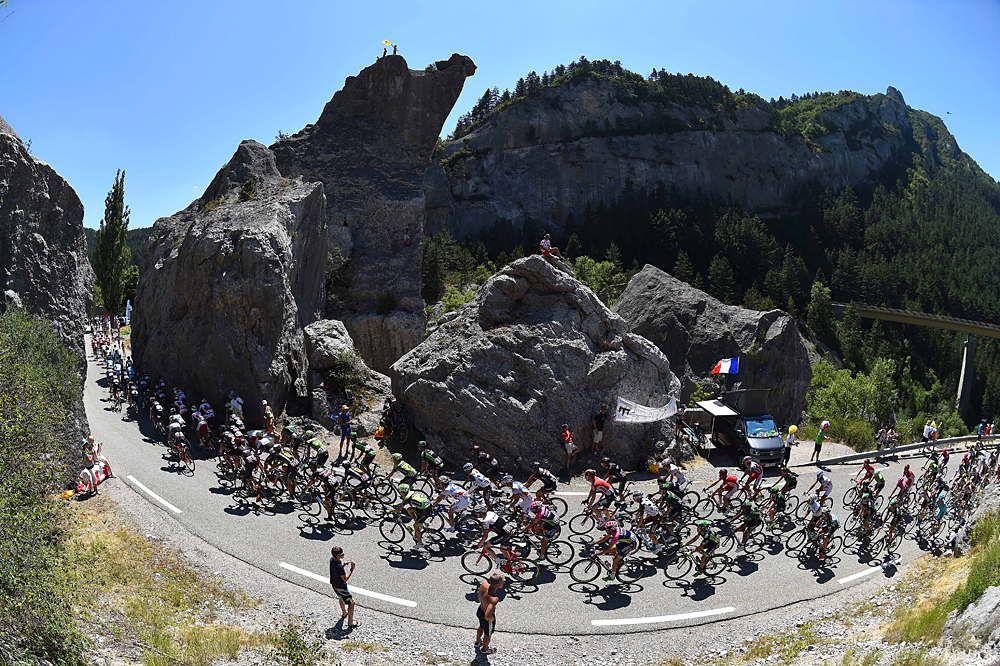
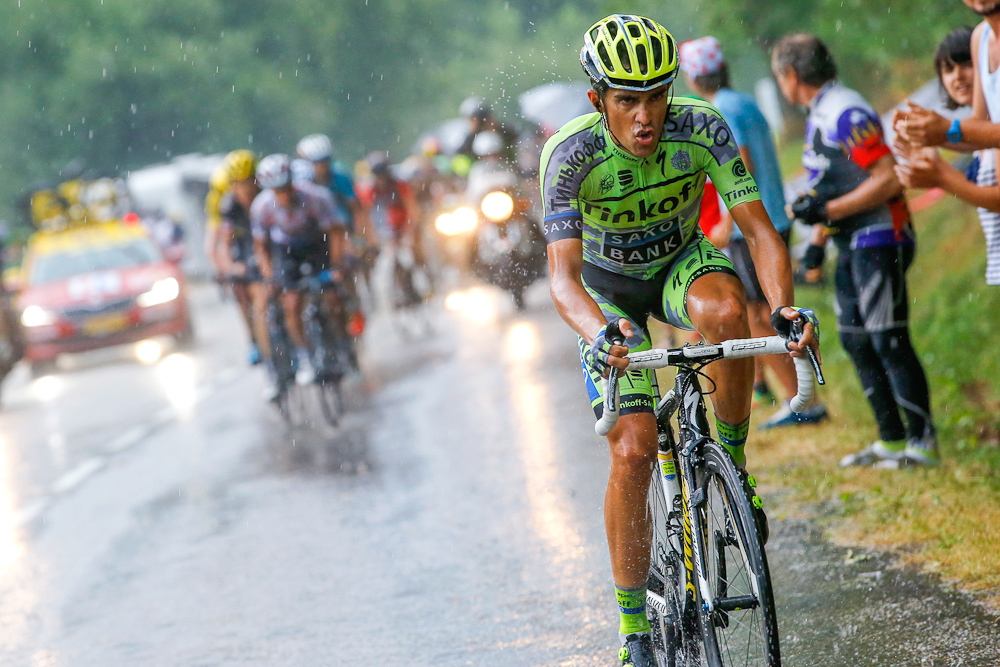
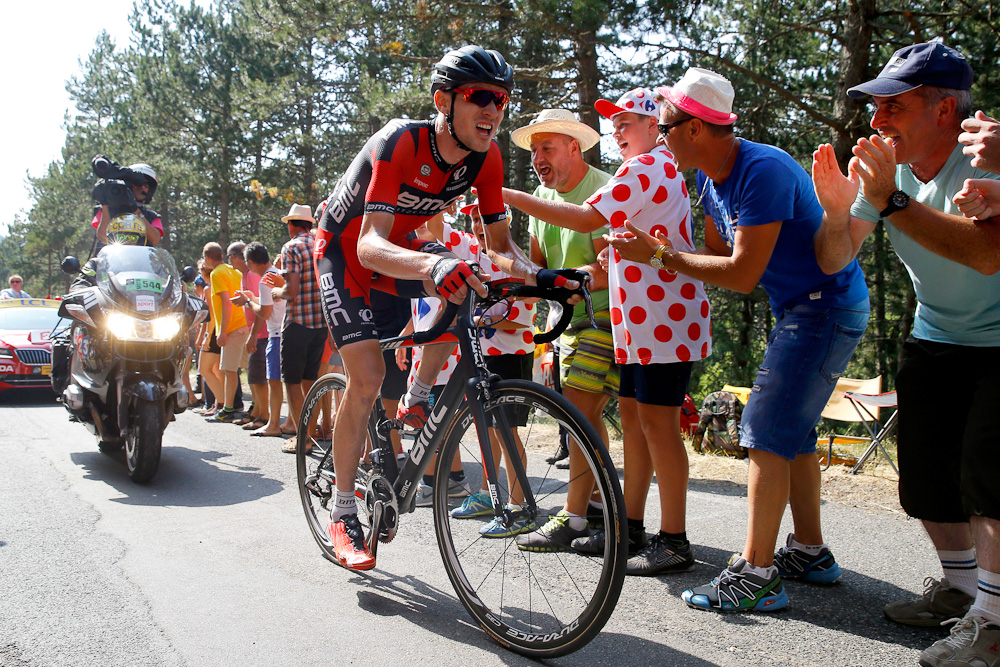
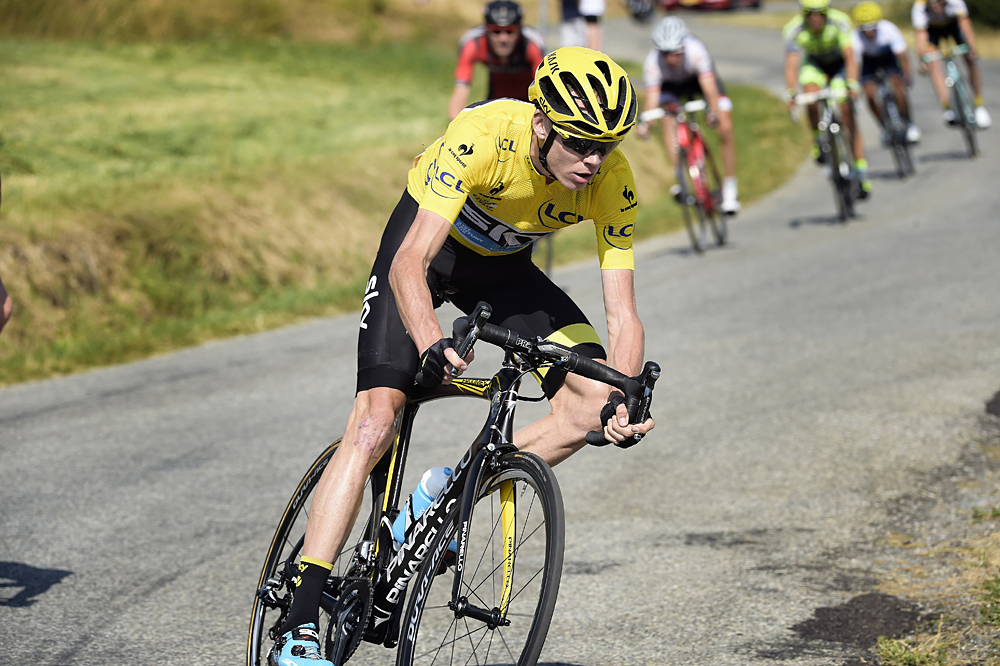
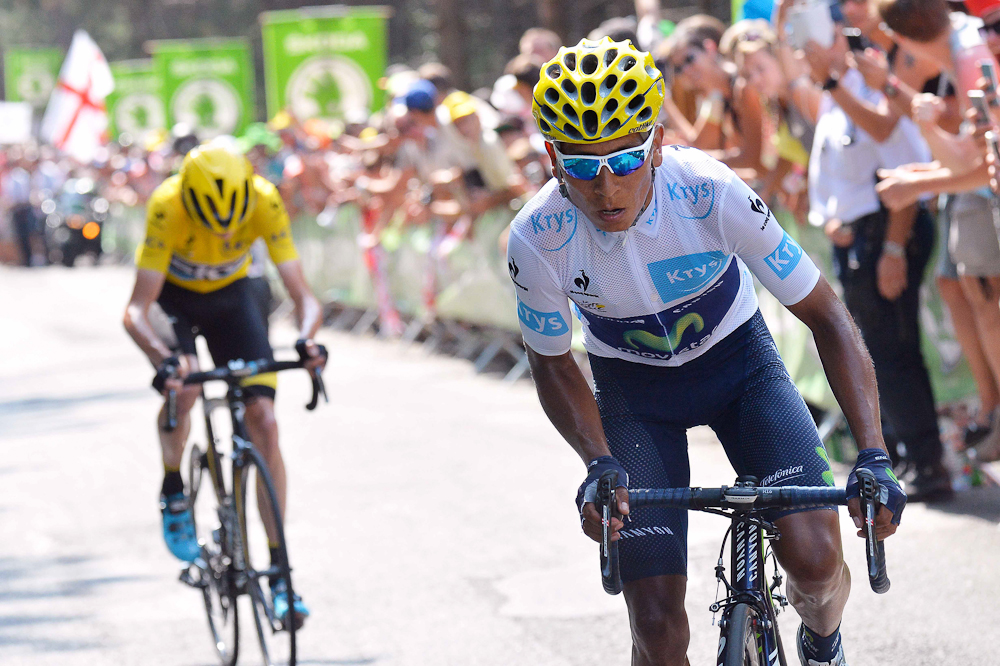
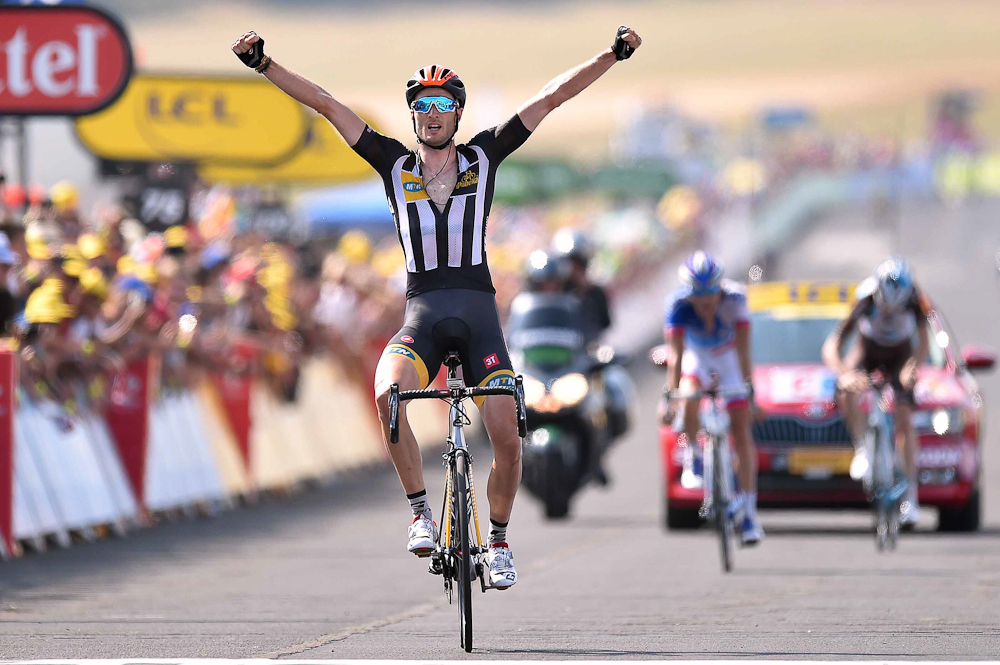
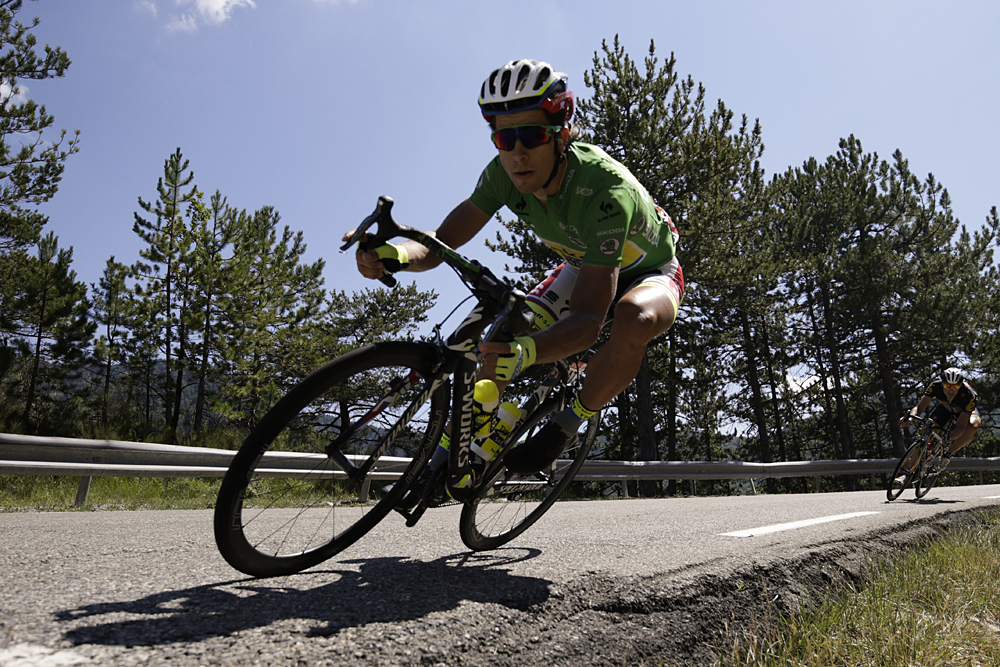
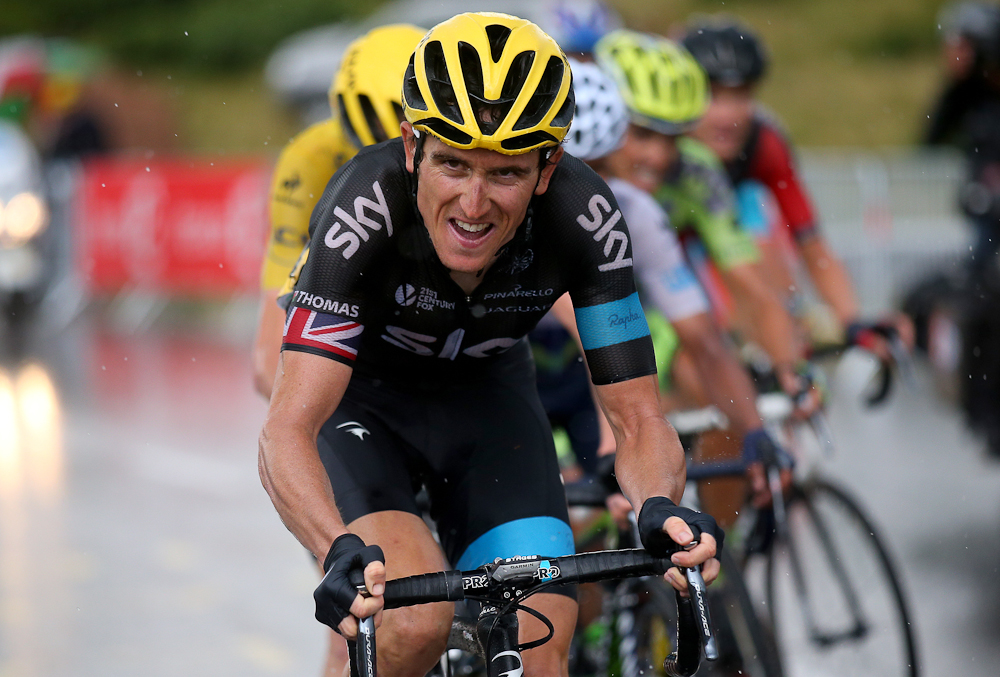
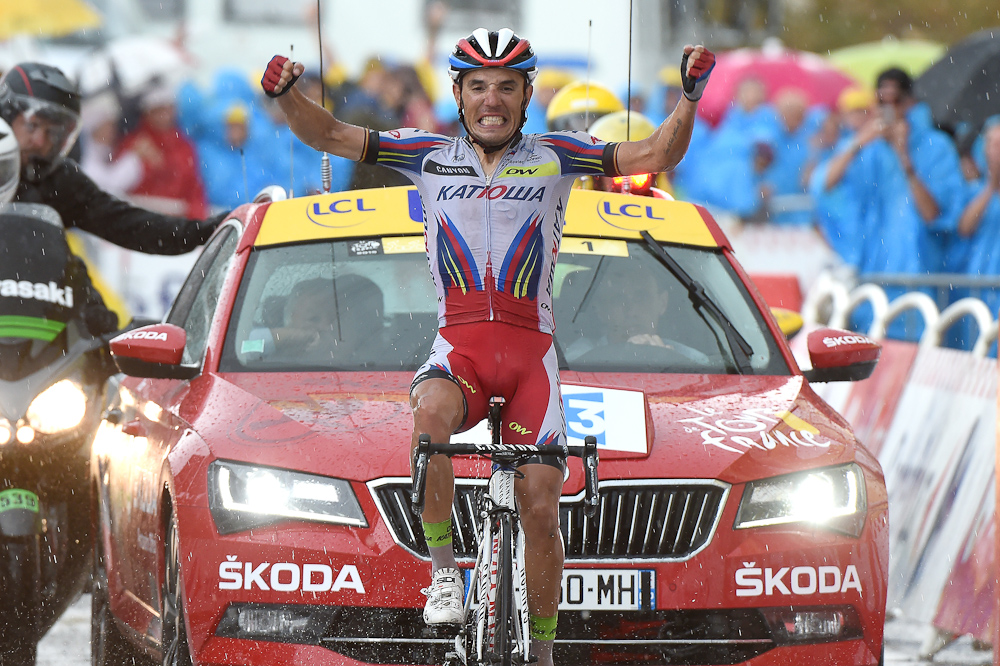
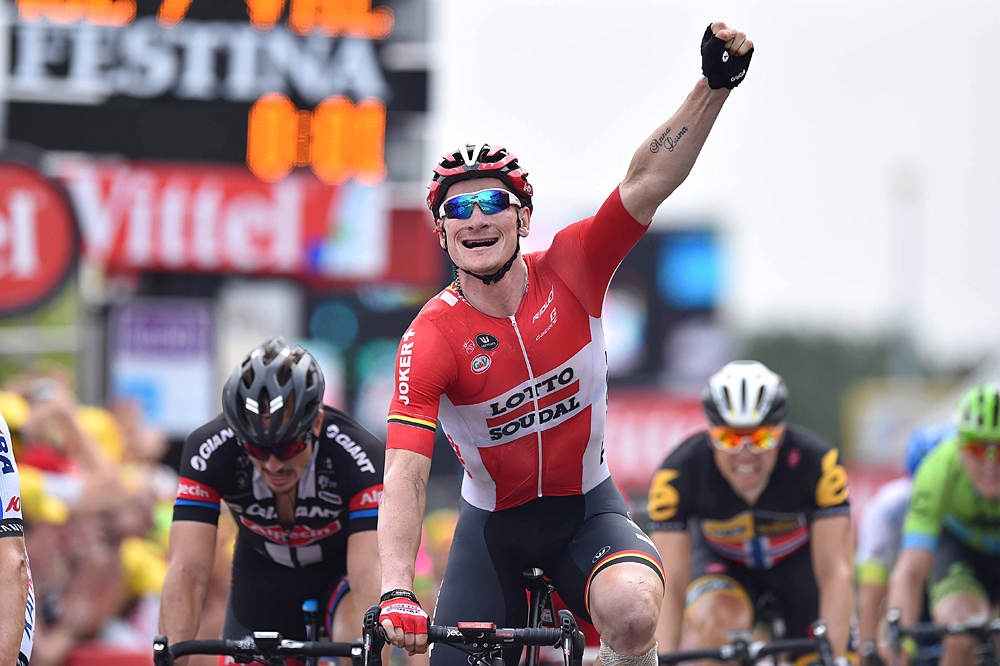
Froome riding a perfect race, but one that has already been soured
After silencing his doubters and coming through the tough opening week of the Tour de France in the race lead, in between the two rest days Chris Froome has put his foot down and tightened his grip on yellow.
His attack and victory on the first summit finish at La Pierre-Saint-Martin was resounding and he has proved unbreakable since. He heads into the Alps claiming he’s in a stronger position than he was at this point during his 2013 Tour win. That must be quite demoralising for his rivals to hear.
On a purely sporting level, Froome has had a perfect Tour so far and is firmly in command of the general classification, with a lead of 3:10 over Nairo Quintana. On a personal level, however, it has been a train wreck. If he thought the scrutiny and speculation over his credibility was bad in 2013, what he has had to face this year has been on a whole different spectrum. With innuendo, defamatory accusations and urine coming at him from various angles, you suspect that if he does reach Paris in yellow, it would be a difficult victory to savour. (PF)
Contador in need of cautious pragmatism
On paper Alberto Contador is in an almost identical position to the one he occupied during the second rest day of the 2013 Tour de France. This time around he’s 4:23 as opposed to 4:25 down on Chris Froome, having suffered at the hands of the British rider and his team during the opening fortnight, but such a one-dimensional snapshot fails to paint a complete picture of where the Spaniard finds himself as the race hurtles towards the Alpine stages.
By his own admission Contador has looked below his best during this year’s race, an understandable predicament given his Giro d’Italia exploits, while his probing attacks at Plateau de Beille and Gap have only seen the likes of Tony Gallopin dislodged.
Get The Leadout Newsletter
The latest race content, interviews, features, reviews and expert buying guides, direct to your inbox!
It means that the priority for Contador, who specialises in exploiting weaknesses, must for now at least, be a place on the podium.
Tejay van Garderen has started to show signs of fatigue and one could assume that Alejandro Valverde might be sacrificed if Movistar have genuine ambitions of defeating Team Sky. A podium place might be Contador’s best form of salvation in this year’s race with caution being his best weapon. Part of that strategy might be burdened upon him by his own weary legs but he will remember that he finished fourth in 2013 despite an aggressive approach. Racing for third and moving up in GC incrementally is his best and only option. (DB)
Quintana the last hope for a Tour for the ages
Over the course of this Tour de France, Peter Sagan has firmly established himself as the fans’ favourite through his brave-hearted displays, succession of near misses and off-beat interviews. Another rider who has been embraced by public support is Nairo Quintana, though not by some force of personality or daring two-wheeled feat.
Rather, it’s hope that’s causing people to rally behind the Colombian – the hope of a contest. Even neutrals see Quintana as the best chance of making a true race of this Tour – of preventing Chris Froome from continuing his procession to the top step of the podium in Paris.
Vincenzo Nibali and Alberto Contador, two of the big four who were supposed make this Tour one of the most hotly contested in recent times, have shown themselves to be far from their best over the past week. Quintana, though, proved he is feeling good by dropping the GC contenders, with the exception of Froome, on stage 14 to Mende and now sits second overall.
The Alps are looming large and with four grueling stages and three summit finishes, this is the Movistar rider's terrain. Froome cruising to Paris would make him no less of a worthy winner but we were promised a Tour for the ages and Quintana represents a final flickering hope of that coming close to playing out. (PF)
Can Tejay van Garderen hold a podium place?
After a near-perfect opening 10 days, Tejay van Garderen’s star has begun to slightly wane. He still remains third overall, and with realistic ambitions of a podium place in Paris but with Alejandro Valverde and Alberto Contador circling, the battle is becoming an increasingly tense affair.
A measure of van Garderen’s progress in the past 12 months can be demonstrated by the strides he’s made in GC. At this point in last year’s race he was fifth but over five minutes down on eventual winner Vincenzo Nibali. This time around, and with a deeper field and less time trialing, he’s third, his form and confidence in much ruder health.
The critical point for the American will be demonstrated when he starts the four Alpine challenges that await him. His ‘bad day’ in last year’s race came on the stage after the second rest day and those ghosts will only he exorcised if he can climb to Pra Loup with his main rivals. As he demonstrated at the Dauphiné, the climb suits him, and he was even able to distance Froome back in June. Such a scenario is unlikely to happen on this occasion but if van Garderen can hold Contador and Valverde at bay he will find himself a day closer to fulfilling his podium aspirations and a stage closer to Paris. Start the Alps with a significant loss and suddenly van Garderen will have to reassess his race. (DB)
Greipel’s confirmation
It would be rather disingenuous to label this year’s Tour de France as a race in which André Greipel has come of age, especially given that the German already had 10 Grand Tour stages in his palmares even before the race left Utrecht a fortnight ago.
However, with three stages wins already neatly tucked away in the back pocket of his Lotto Soudal jersey, the race certainly signifies a great deal for the softly spoken man from Rostock. It’s more confirmation than revelation, perhaps, and his win in Valence exemplified his position within the peloton and the upper echelons of the sprinting hierarchy.
In seasons past there was the sense that Greipel lost sprints he should have won, with tactical shutouts or poor timing stunting his progress.
And while Marcel Kittel struggles to finish races let alone win them, Greipel has enjoyed his best-ever Tour de France. Experience, confidence, a dialed team and superb form have all culminated in Greipel’s purple patch but take nothing away from Greipel’s current position. He deserves all the plaudits as a rider at the height of his powers. (DB)
Sagan's run continues, for good and bad
He may not have won a stage in this year’s race but barring accidents, the green jersey will ride into Paris on the shoulders of Peter Sagan. A fourth maillot vert would equal Sean Kelly’s tally and put the Tinkoff-Saxo rider just two adrift of Erik Zabel’s all-time record of six. In one aspect, Sagan’s trajectory as a sprinter runs in parallel with the former Telekom man in that both riders struggled to win bunch sprints at phases in their careers but through sheer consistency were able to arrive in Paris in the coveted green.
However, that’s really where most of the similarities – at least in the context of the Tour France – end. Sagan is a far more complete Grand Tour rider – closer to Kelly’s ilk if anything – and the Slovak’s series of breaks in the second week exemplify this point like no other. Ten top-five places from 16 stages is a phenomenal return but one that must cause huge frustration for the rider and his team.
The sense, however, that Sagan doesn’t win as much as he should is slightly misplaced – he still has 10 wins to his name this season – and along with his showmanship and impressive feats of strength and skill come a flurry of examples of where he’s present and making the race. Specialisation, as some have called for, doesn’t necessarily breed success even if Sagan’s quest for a first Tour stage win since 2013 goes on for another year. (DB)
Thomas deserves Grand Tour leadership role
One can’t help but imagine Chris Froome turning to Geraint Thomas at the end of the rest-day press conference filled with questions over power data and doping innuendo and quietly muttering the words, ‘see what you can look forward to’.
The Welshman, based on the fact that he’s not leading the race, has flown under the radar and escaped the scrutiny of his team leader but his improvements as a climber make him the GC revelation of the race so far and a potential Team Sky leader for the future.
Even as far back as last year’s Commonwealth Games, Thomas began to talk openly about progressing down the Wiggins and Froome path and so far this year Thomas has won in Algarve, finished second in Suisse and had a hugely impressive classics campaign. During this year’s Tour he has taken up the mantle of Froome’s last man, with Richie Porte deployed in a deeper and more sparing role.
That has helped build the foundations of a top 10 bid for Thomas, who has climbed with an assuredness and consistency not previously seen. His stage 16 crash only meant he lost seconds and he remains well positioned in sixth. A leadership at the Vuelta or Giro will surely follow. (DB)
MTN-Qhubeka's fairytale is a page-turner
If any confirmation was needed that the MTN-Qhubeka team represented somewhat a fairytale story, it came on stage 14, won by Steve Cummings in Mende.
The Brit gave the South African team a maiden Tour de France victory in its debut appearance at the race, following on from Daniel Teklehaimanot pulling on the polka dot jersey – the team’s first Tour jersey – in the first week. What is more, it came on Mandela Day of all days, a commemoration of the legacy of former South Africa President Nelson Mandela, who would have been 97 on Saturday.
From winning Milan-San Remo in 2013 to riding a debut Grand Tour at the Vuelta in 2014 and becoming the first African trade team to take part in the Tour de France, the team has been blazing a trail for some time now, one that has been greeted warmly by a public embracing progress, helped by the charitable nature of its sponsor Qhubeka.
“This will go down in history,” general manager Brian Smith said of Cummings’ victory on the Cyclingnews podcast. There have been several seminal chapters in the team’s story so far and you sense that the pages will keep on turning. (PF)
The evergreen Joaquim Rodríguez
Joaquim Rodríguez may be 36 years old but he’s showing no sign of slowing up. In fact, he is enjoying one of his most successful Grand Tours to date and his two stage wins so far have trebled his tally from his three previous Tour de France appearances.
The Spaniard surged away from Romain Bardet and Jakob Fuglsang to take a solo victory on the hors-catégorie Plateau de Beille on stage 12, showing that the guard would not be changing that quickly.
A crash in the natural zone on stage 11 hampered him on the Col du Tourmalet, where his general classification ambitions went out of the window but the polka-dot jersey, which he’s wearing while Chris Froome is in yellow, is a realistic goal. There are no fewer than 19 categorised climbs on the menu in the four upcoming Alpine stages and with key Cols in the first half of those stages, Rodríguez could reap the rewards of getting into the breaks.
Though a contract extension with Katusha has been on the cards since before the Tour began, his showing so far can only have meant that he and his bosses put pen to paper on Tuesday all the more confidently. It ensures that one of the most consistent riders of recent years, who achievements perhaps aren’t a fair reflection of his talents, will be at the top of the game for another year. (PF)
Speculation a sign of the times
Chris Froome caused quite a stir when he called out journalists for “irresponsible” reporting of the race so far. He claimed the speculation and innuendo over his performances was to blame for a roadside fan dousing him with urine on stage 14.
While there is no room in journalism for baseless accusations, most reporters have gone about their jobs in a professional manner, asking questions and holding people to account.
The speculation and innuendo is merely a symptom of modernity; the post-Armstrong era and the seemingly libel-free world of social media are the perfect incubators, and Froome is powerless in the face of them. (PF)
Daniel Benson was the Editor in Chief at Cyclingnews.com between 2008 and 2022. Based in the UK, he joined the Cyclingnews team in 2008 as the site's first UK-based Managing Editor. In that time, he reported on over a dozen editions of the Tour de France, several World Championships, the Tour Down Under, Spring Classics, and the London 2012 Olympic Games. With the help of the excellent editorial team, he ran the coverage on Cyclingnews and has interviewed leading figures in the sport including UCI Presidents and Tour de France winners.
